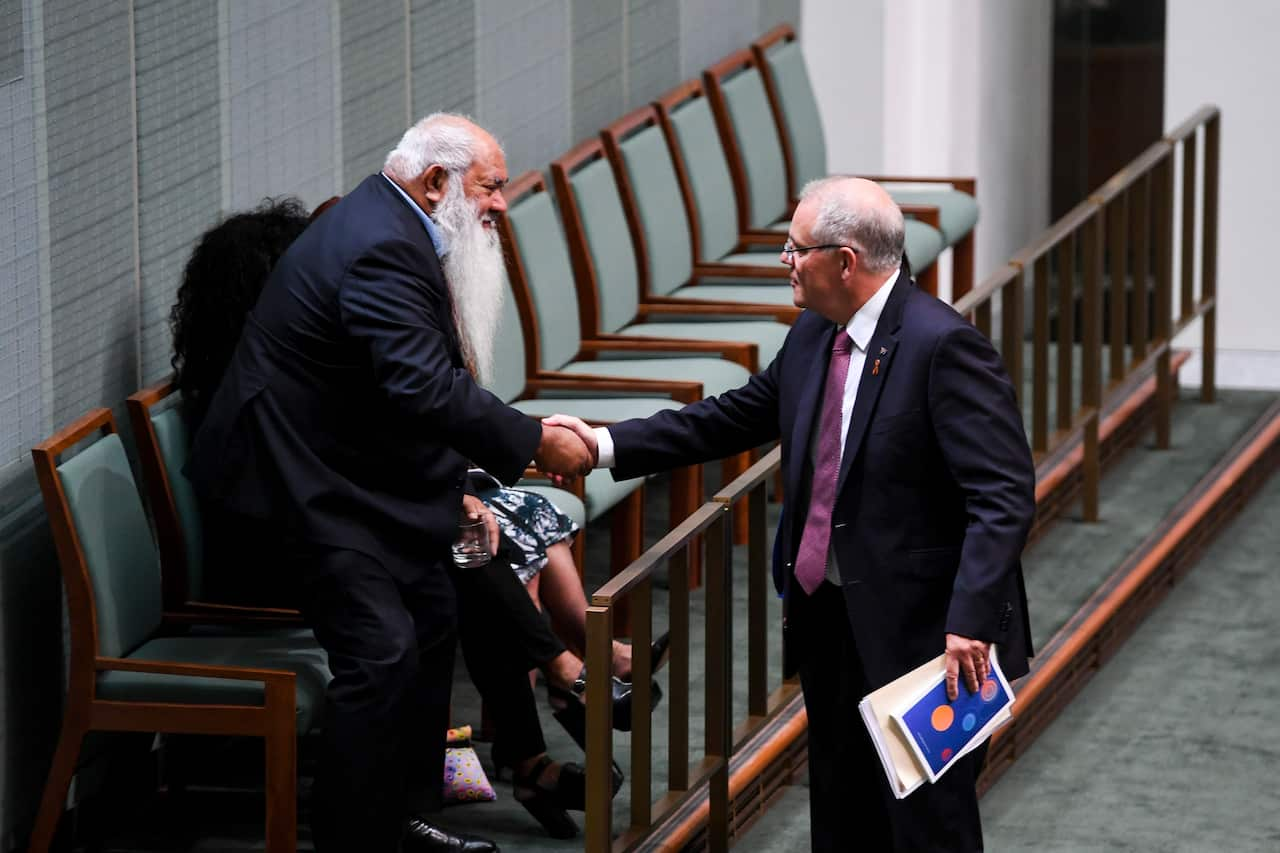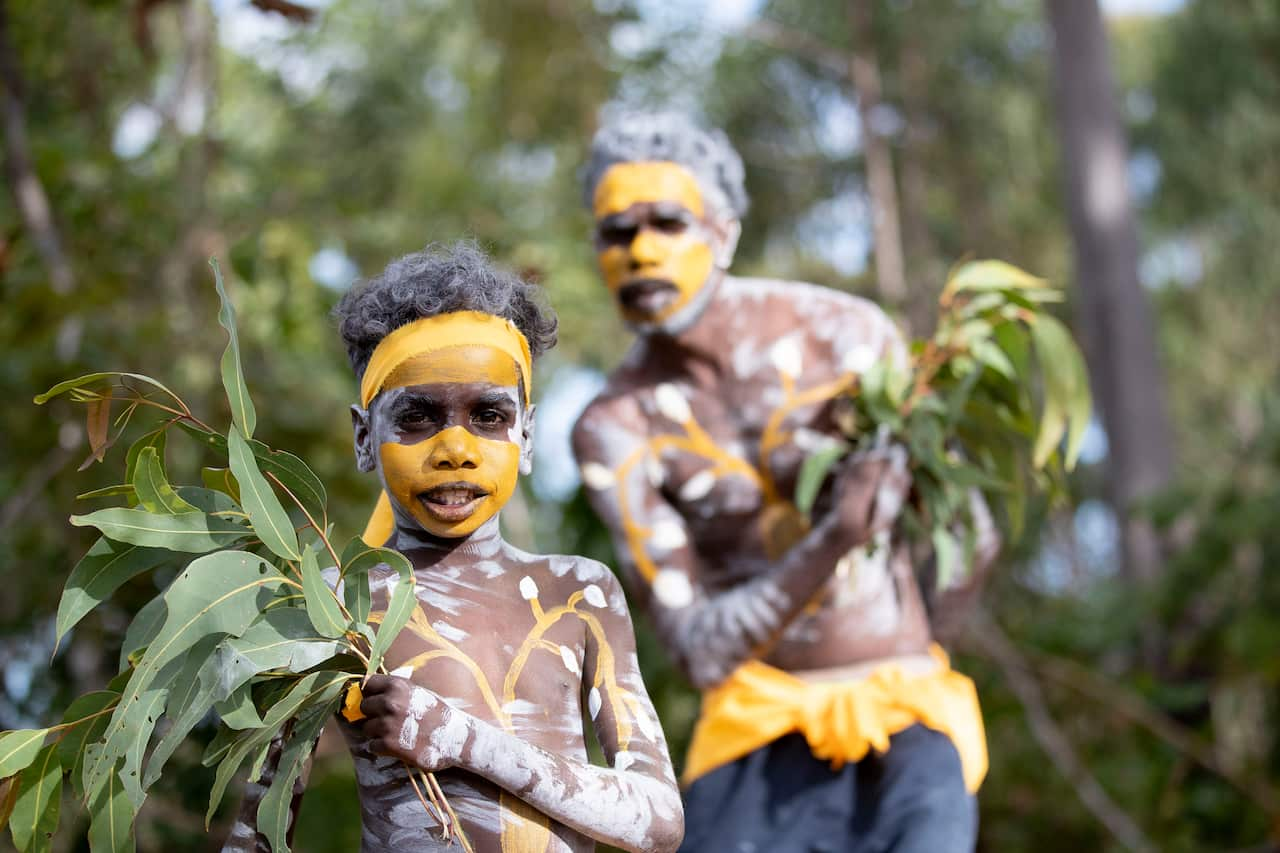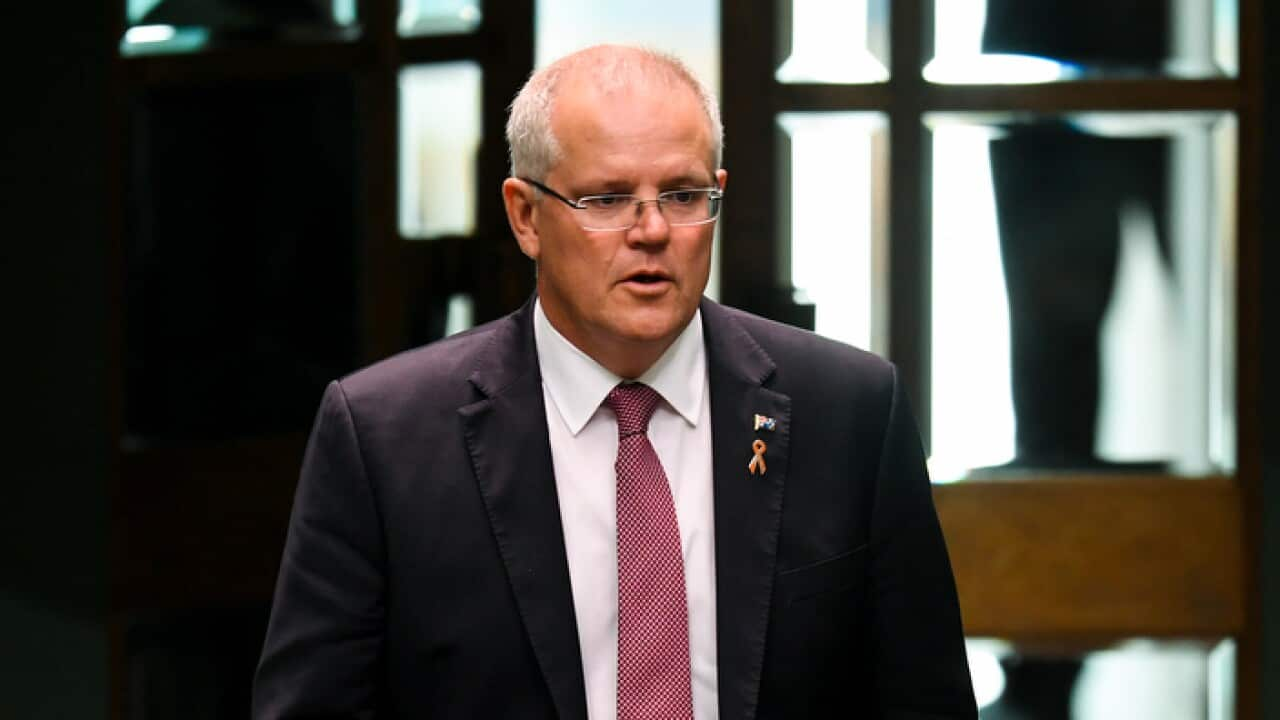Australia “lags well behind” other countries in its approach to tackling poverty in Indigenous communities, a new report has found.
The report from Oxfam Australia, titled In Good Hands, looks at how government services could be better designed and delivered for Indigenous Australians.
It specifically focuses on self-determination so that Indigenous organisations and businesses can be equipped to serve their own communities.
Indigenous organisations were often hamstrung by a “never-ending treadmill of grant applications in order to keep their lights on and their staff paid”, the report found. “There is overwhelming evidence from Indigenous peoples around the world that the results are generally much better when local communities create and own the solutions to the challenges they face."
“There is overwhelming evidence from Indigenous peoples around the world that the results are generally much better when local communities create and own the solutions to the challenges they face."

Prime Minister Scott Morrison shakes hands with Labor Senator Pat Dodson as he delivers the Closing the Gap report earlier this year. Source: AAP
Earlier this year Prime Minister Scott Morrison delivered the 11th annual Closing the Gap report in Canberra, calling for a new approach as Indigenous health and education targets had been "set up to fail".
Oxfam First Peoples’ Program national manager Ngarra Murray said it was crucial to empower Indigenous communities - something Australian governments had not done well in the past.
"Not only will this give First Peoples a sense of empowerment, control and indeed sovereignty, as the case studies in this report show, this approach will also help to address the systemic disadvantage that is a consequence of Australian history,” she said.
“Sadly, Australia’s current approach lags well behind similar countries in closing the health and well-being gaps endured by First Peoples around the world.” One example of success cited in the report was the Katungul Aboriginal Medical Service on the south coast of New South Wales.
One example of success cited in the report was the Katungul Aboriginal Medical Service on the south coast of New South Wales.

Members of the Gumatj clan prepare for their traditional dance at the Garma Festival in Arnhem Land earlier this year. Source: YOTHU YINDI FOUNDATION
There has been a 30 per cent drop in preventable hospitalisations in the area where the Katungul service is active, compared to a 20 per cent rise across the state as a whole.
Katungul chief executive Jo Grant said the organization was successful because it understood what its Indigenous clients were dealing with.
“We walk and work in two worlds,” Ms Grant said.
“We have a far better grasp of the issues faced by these communities. We shouldn’t be overlooked because we are an Aboriginal medical service.”
Central Land Council policy manager Dr Josie Douglas said there was a strong rationale for self-determination in service delivery.
“What we need in the future is a smarter approach that recognises the inherent right to self-determination of Aboriginal people and communities and the good economic sense involved in backing this approach.
“As this report shows, Indigenous knowledge is being applied successfully in a wide range of services and business activities, with good results for Indigenous peoples and, when government funding is involved, a great return on investment.”


